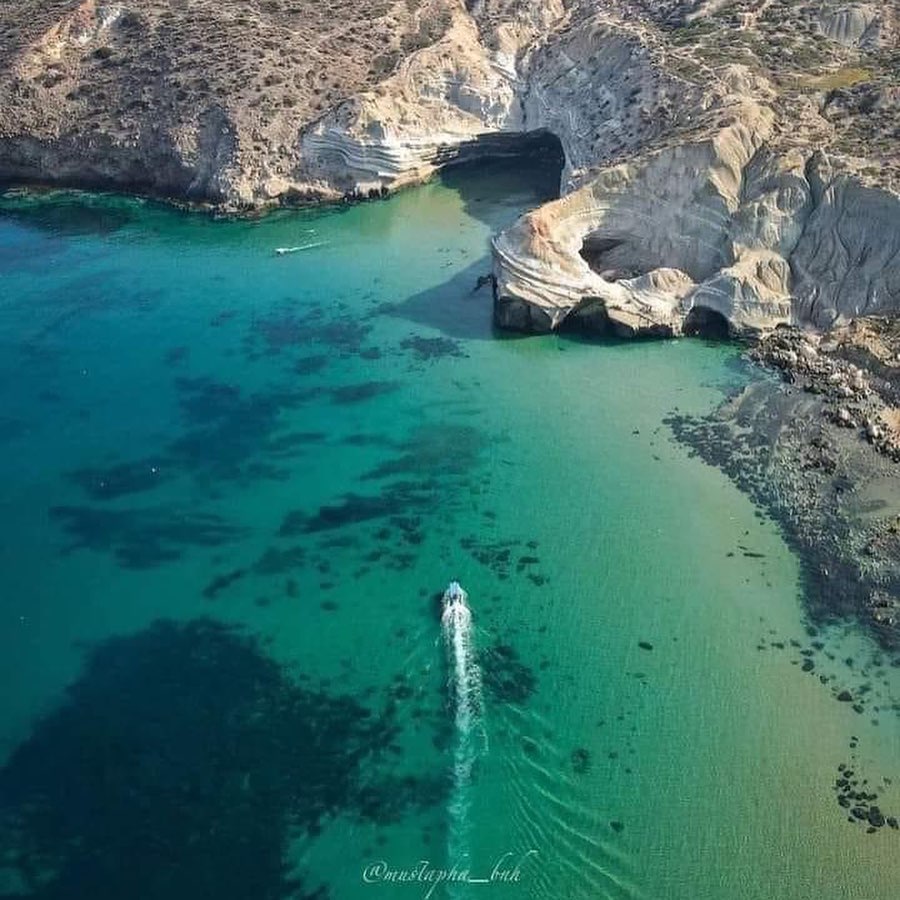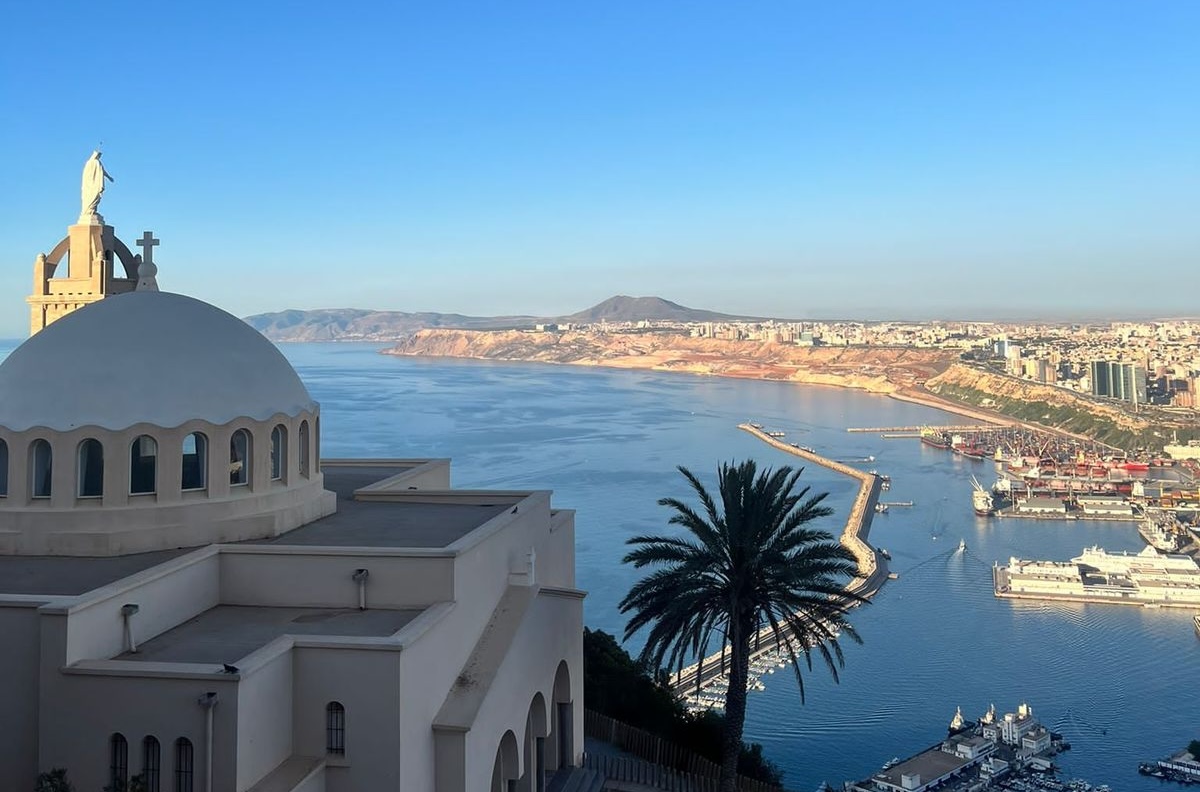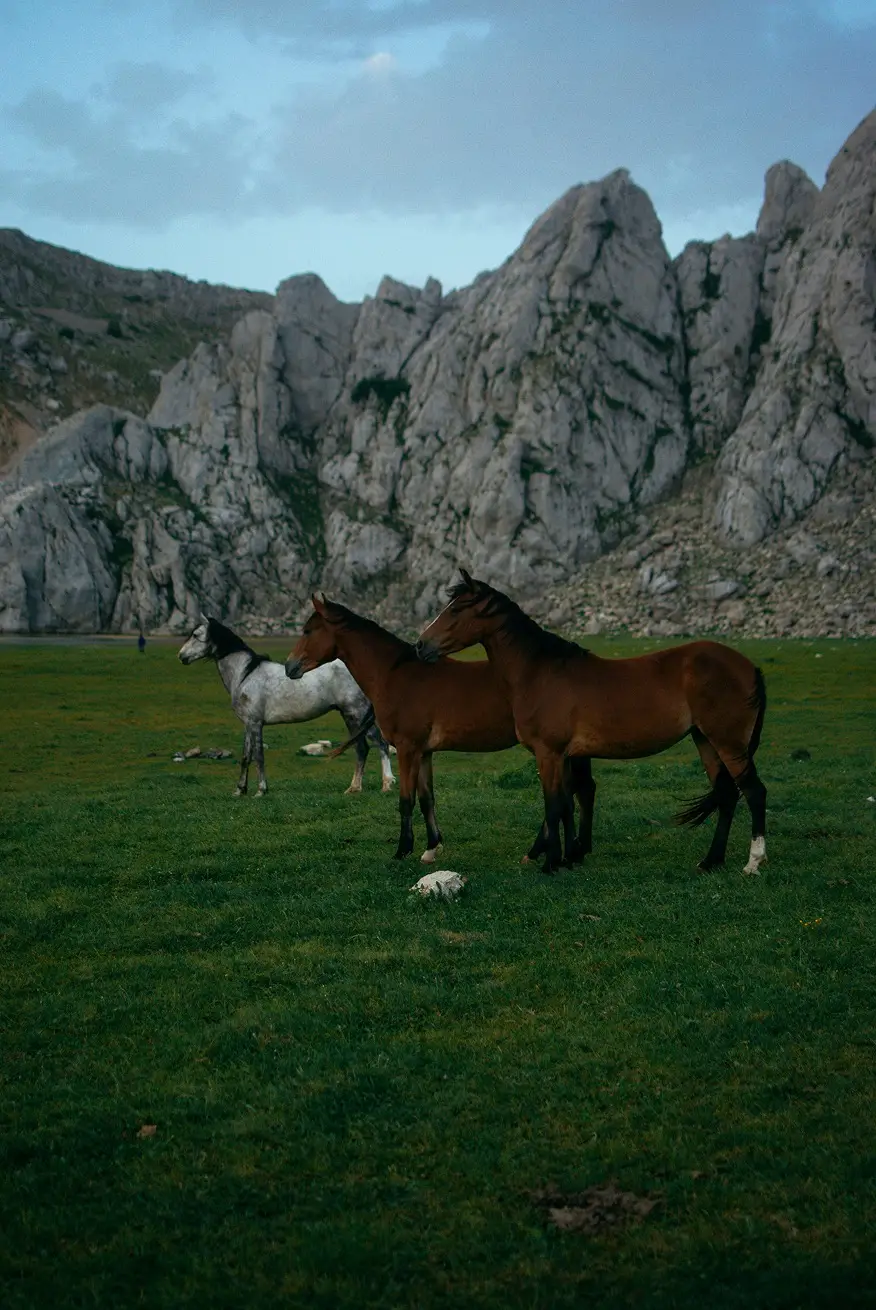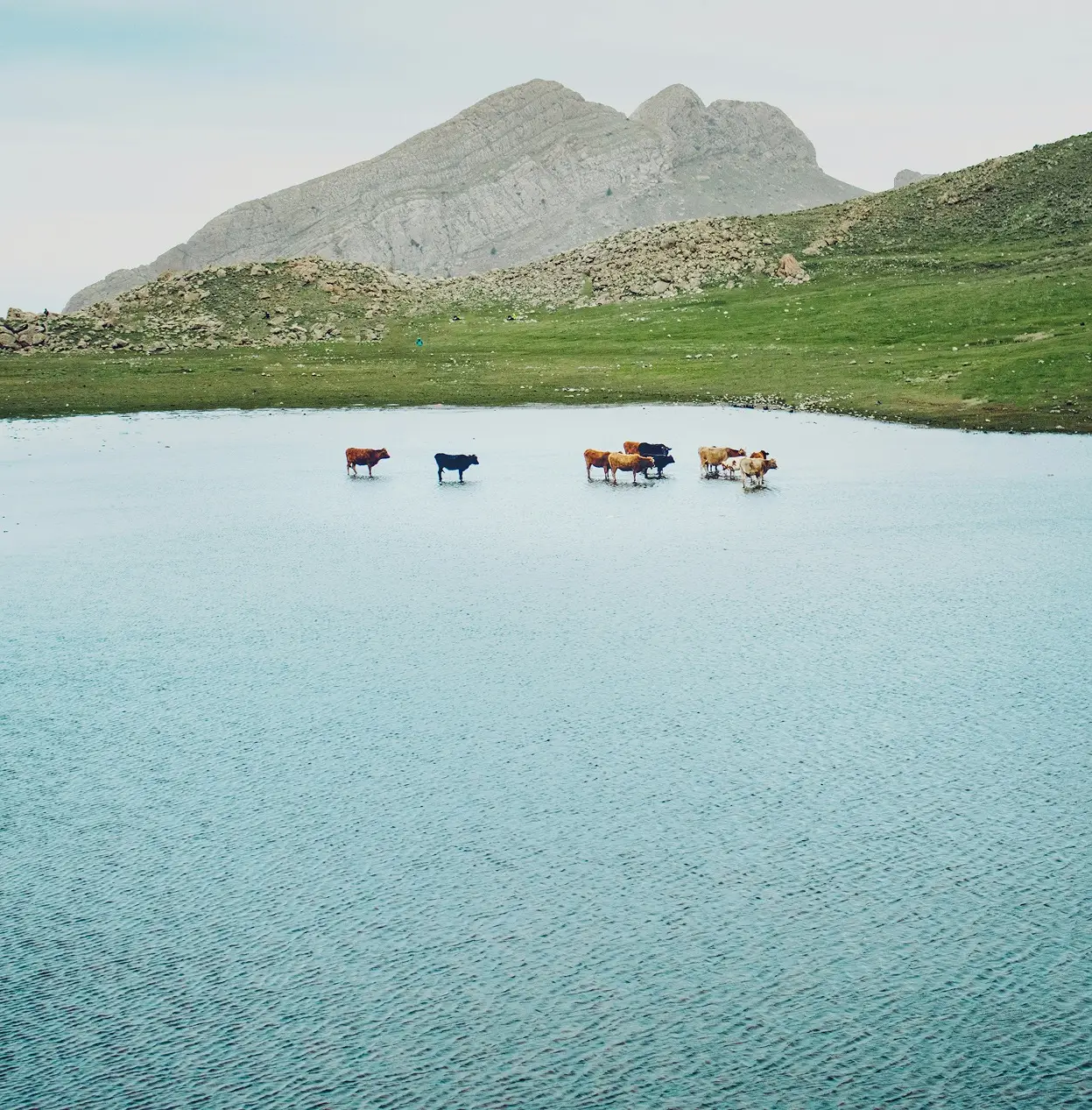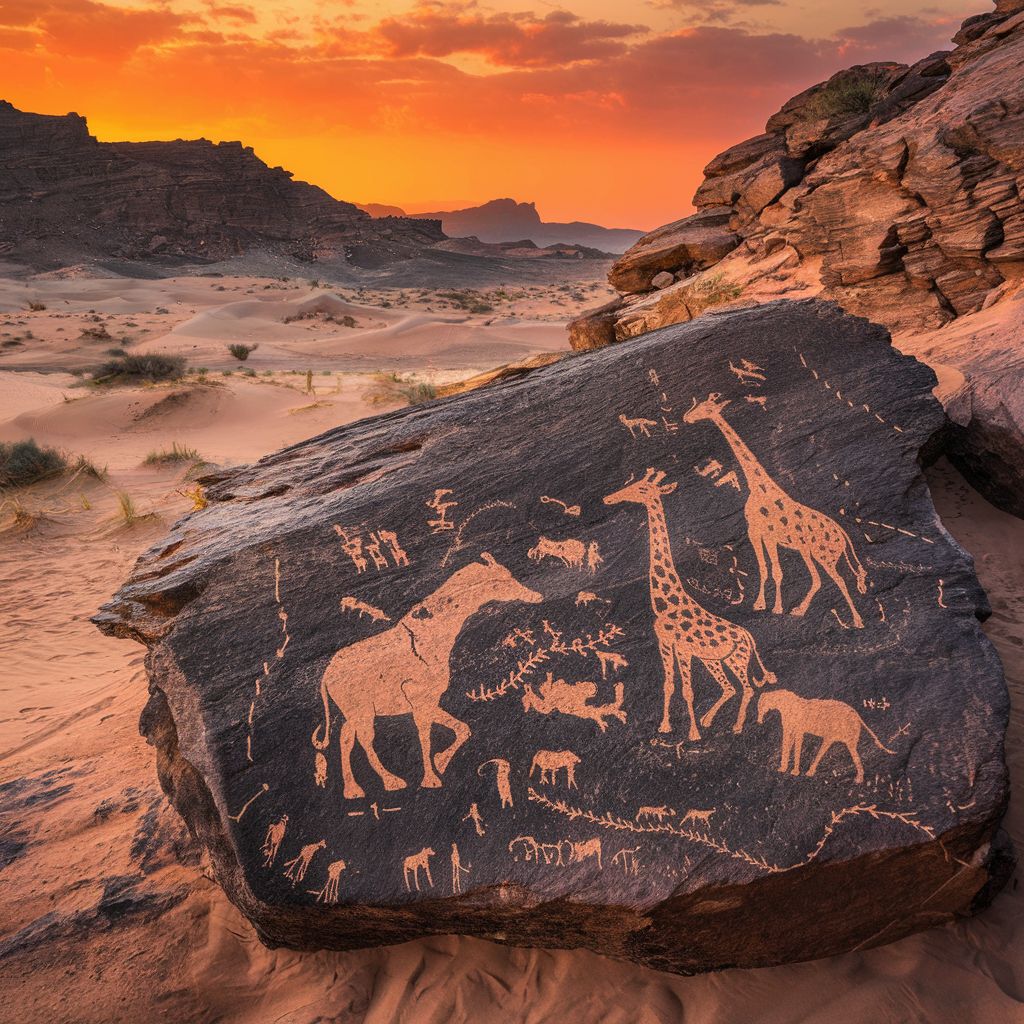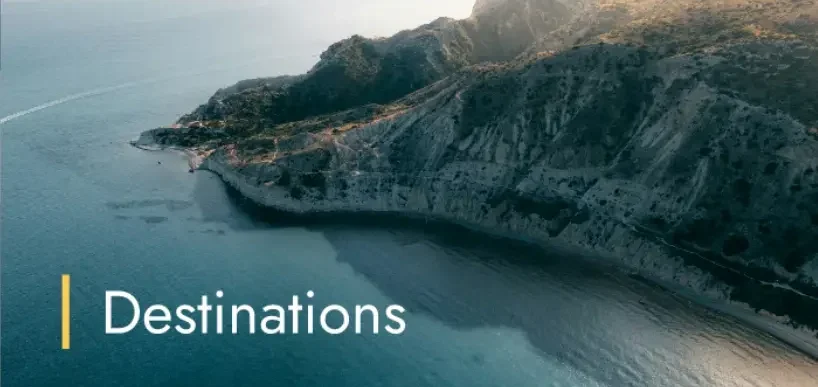Inhabited since prehistoric times, Algeria was in turn Numidian land, Roman province, Berber kingdom, Islamic bastion and Ottoman protectorate, before experiencing 132 years of French colonization. Each era has left its mark: rock frescoes of Tassili, ancient theaters of Timgad and Djemila, Almohad minarets of Tlemcen, Ottoman palaces of Algiers. Independence, won in 1962, marks the beginning of a new era where tradition and modernity intertwine, shaping a rich and lively cultural identity.
| Regions | North: historical cities and ancient ports South: prehistoric sites and heritage oases |
|---|---|
| Access | Airports: Algiers, Constantine, Tlemcen, Annaba, Tamanrasset Road network: highways and national roads connecting major sites |
| Time difference | GMT+1 all year round |
| Currency | Algerian Dinar (DZD) – provide cash for site and museum entrances |
| Formal |
Applications utiles
Ancient sites classified by UNESCO
Islamic heritage and medinas
Saharan prehistoric treasures
Museums & living culture
Feasts & popular traditions
Traveler’s tip: Private guided tours cost more, but they directly support the local economy and get a much richer experience.

In Algiers, the Casbah keeps the soul of past centuries.
In Timgad and Djemila, the Roman columns defied time.
In Tipasa, the Mediterranean mixes with the ruins. In Constantine and Tlemcen, bridges and mosques tell the story.
Further south, Tamanrasset and the Tassili open the door to an eternal Sahara.
Algeria, a journey where each city connects past and present.
